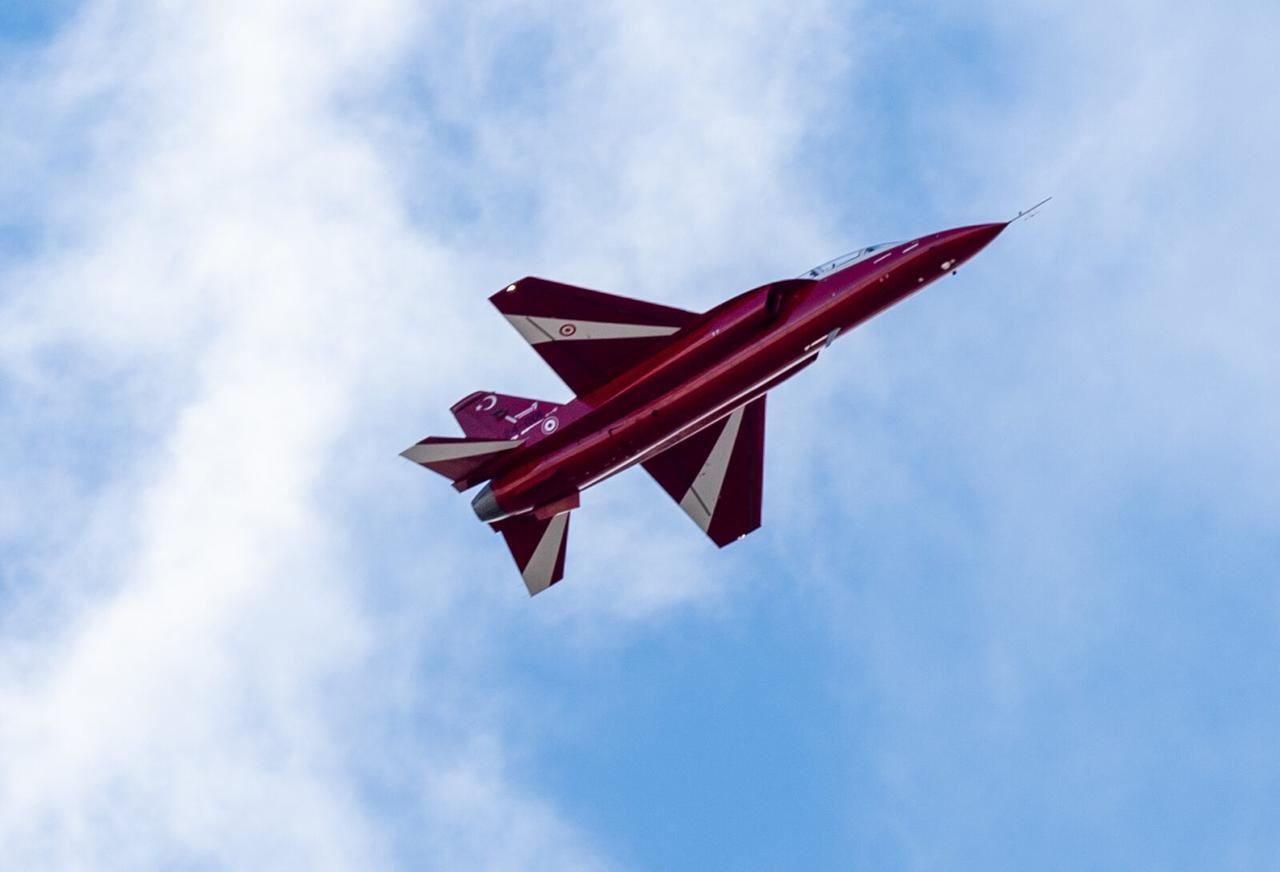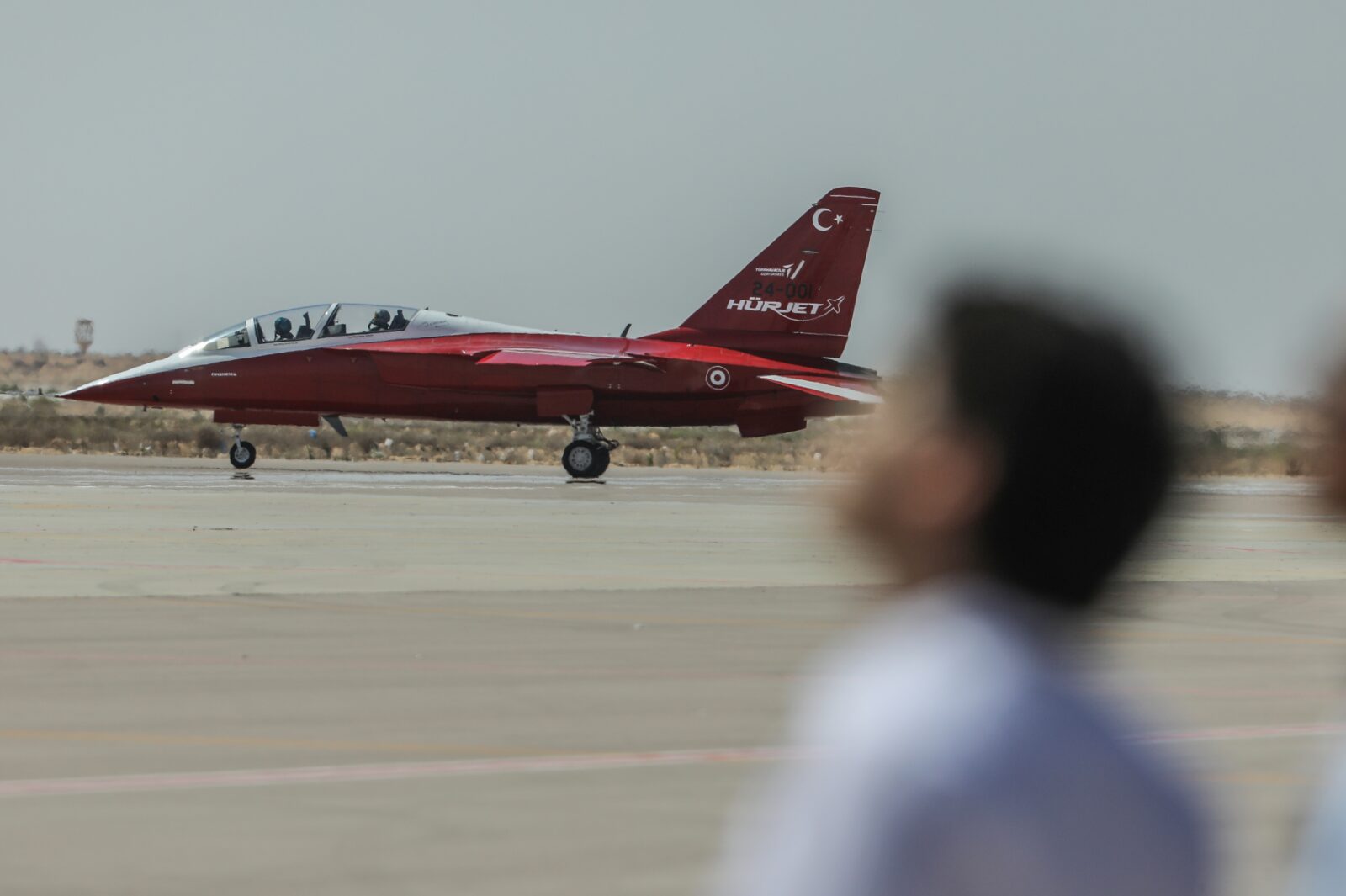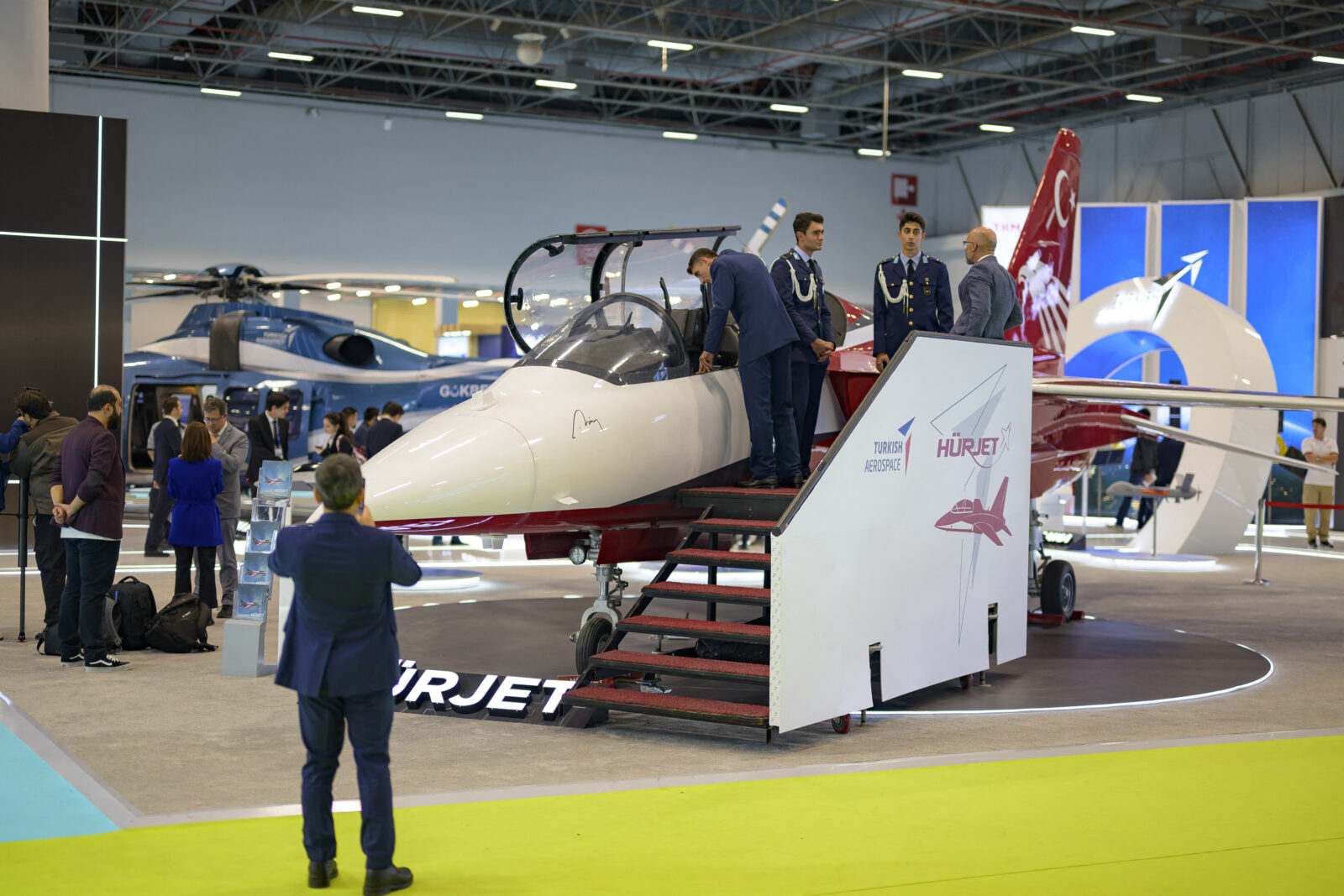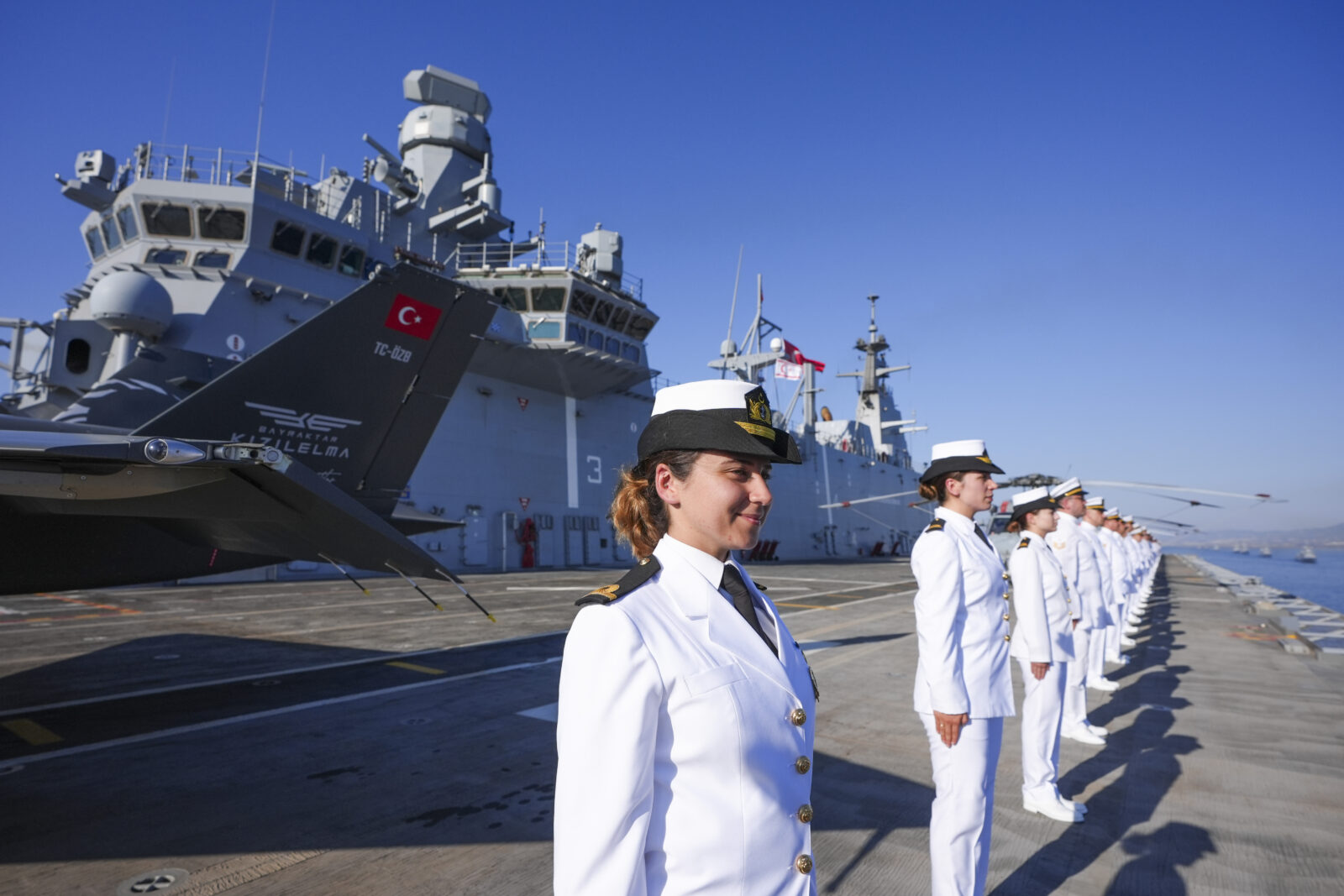
Turkish Aerospace Industries (TAI) believes its advanced jet trainer, Hurjet, could become NATO’s next-generation training aircraft, as interest grows both domestically and abroad.
In an interview with Aviation Week Network’s Tony Osborne, TAI General Manager Mehmet Demiroglu said the Turkish Air Force has already ordered 12 Hurjets, and a decision to increase this number to 100 could be made this year, pending approval from Türkiye’s Defense Industry Executive Committee.
"They are very serious about it," Demiroglu said, emphasizing the military’s commitment is beyond rhetoric.
Spain has also identified Hurjet as a potential replacement for its Northrop SF-5 lead-in fighter trainer, and collaboration discussions with Airbus are underway to tailor the aircraft to Spanish operational needs. "This tells us the product we have is a good product," Demiroglu told Aviation Week April 22. "Once the Turkish Air Force starts using it, and inshallah, Spain too, this platform could become the training platform of NATO countries."

Hurjet, powered by a General Electric F404 engine, was launched as a private venture in 2017. The first prototype flew in April 2023, with a second aircraft—configured for light combat roles—following in November.
TAI test pilots broke the sound barrier in October 2023 and recently achieved Mach 1.2.
The jet has drawn attention for its potential in both training and light combat missions, especially in the European defense market, where countries like the U.K., France and Germany are reviewing options for future pilot training platforms.

At Teknofest in the Turkish Republic of Northern Cyprus, Demiroglu told Turkish defense news platform SavunmaSanayiST that serial production has already begun. A total of 16 aircraft are being produced for the Turkish Air Force, with additional orders expected by the end of the year.
He also revealed efforts to develop a carrier-capable version of Hurjet for the Turkish naval command. "We are working with our navy to enable Hurjet to land and take off from an aircraft carrier, either TCG Anadolu or a future platform," he said. This naval configuration is planned for the second phase of the program and will be delivered after the initial batch to the Air Force.

TAI sees Hurjet’s export potential as significant. Demiroglu stated that negotiations are ongoing with several countries, and the goal is to establish Hurjet as NATO’s go-to advanced trainer. "We are doing everything we can to see Hurjet as NATO’s training aircraft," he said.
The Spanish Air Force has already described the jet as "well-positioned" for replacing its SF-5 fleet after Spanish Air Chief Gen. Francisco Braco Carbo flew one of the prototypes.
Hurjet competes with Leonardo’s M-346 in Europe as countries look to modernize their pilot training fleets amid evolving transatlantic defense priorities.